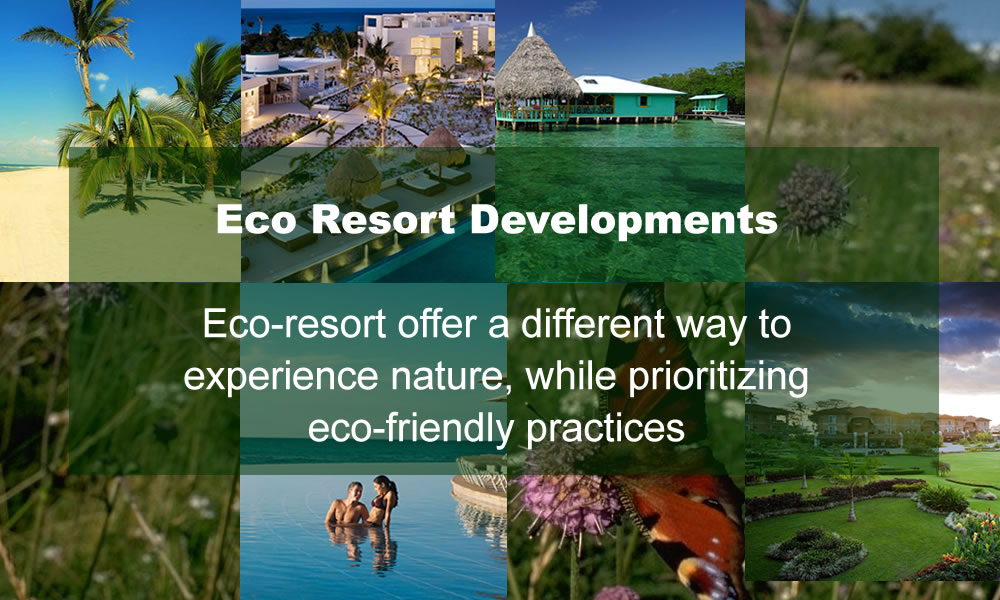|
|
|
If you can see this webpage, so can buyers. See YOUR property development listed on a leading listings portal here in minutes. Reach high-net-worth buyers and real estate investors across the world - nationally, regionally and internationally!
|
Search IPD for property information on your area of interest: |
|
|

|
Residential Development Types |
|
Real Estate Agents and Developers |
|
Top Real Estate Companies in Norway
Real Estate Developers in Norway |
|
Commercial Development Types |
|
What a Real Estate Developer can offer: |
|
Reasons to Buy from a Developer Reasons to Invest in a New Development Learn About Real Estate Development Types |
|
Useful Links and Information |
|
Norway Tax Office
Norway Immigration Office |